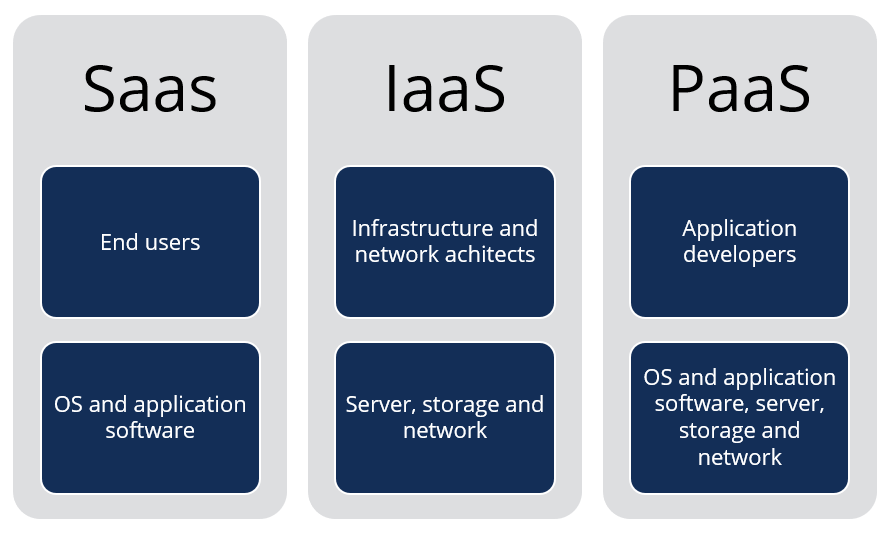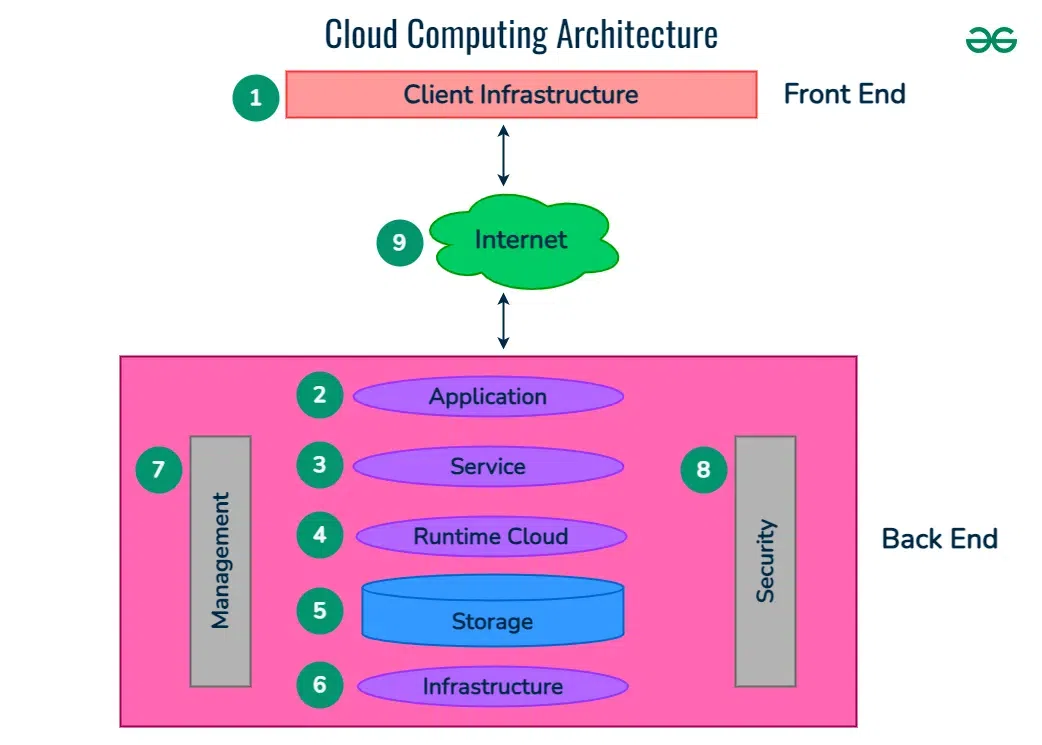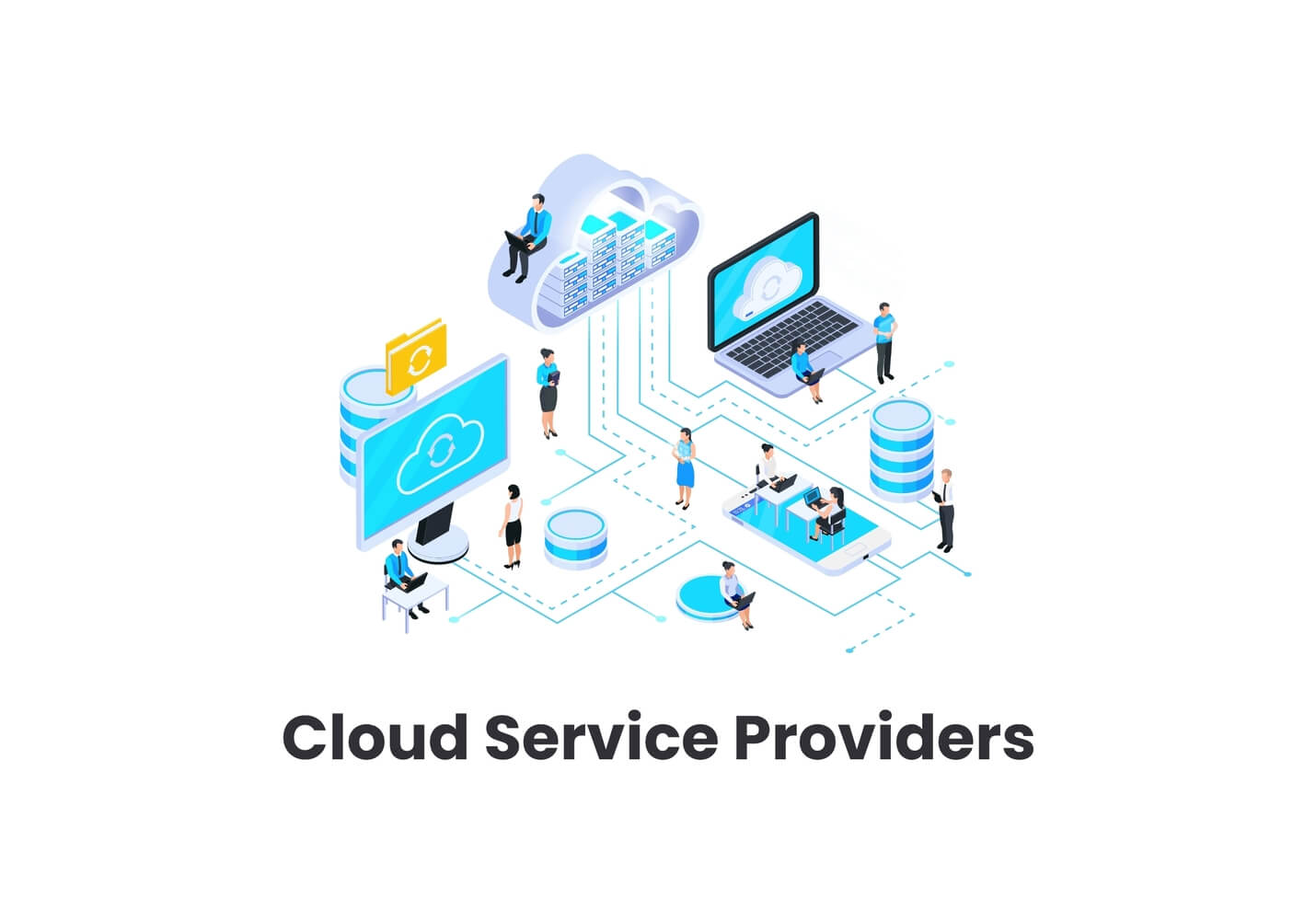Streamline IT Management With Cloud Services
Cloud solutions have emerged as a viable solution for services looking to improve efficiency, reduce costs, and improve general IT efficiency. Just how precisely do these cloud solutions change conventional IT monitoring practices? Let's check out the transformative impact of leveraging cloud solutions on IT operations and the crucial considerations for effective execution.
Advantages of Cloud Services

Furthermore, cloud services enable organizations to improve their operational efficiency by streamlining processes and decreasing the time and sources needed for handling IT framework. With cloud solutions, organizations can automate routine jobs, such as software application updates and information backups, liberating IT groups to concentrate on more strategic efforts that drive organization worth.

Improved Scalability and Versatility
Cloud solutions supply organizations with unequaled scalability and flexibility in managing their IT sources successfully. With cloud solutions, organizations can rapidly scale up or down their computing sources, storage space capability, and network transmission capacity to satisfy transforming needs without the demand for considerable upfront financial investments in hardware.
Furthermore, cloud solutions use the flexibility for workers to gain access to business information and applications from anywhere, at any moment, and from any gadget with a web connection. This ability improves productivity and partnership among remote teams or staff members operating in different locations. Additionally, cloud solutions supply the flexibility to select from a selection of solution versions, such as Infrastructure as a Solution (IaaS), System as a Solution (PaaS), or Software as a Service (SaaS), based upon the particular needs of the service. The enhanced scalability and versatility offered by cloud services equip services to maximize their IT procedures and remain agile in today's vibrant market atmosphere.

Cost-Effectiveness and Cost Savings
With the ability to successfully allot resources based on demand, services making use of cloud solutions can harness substantial cost-effectiveness and understand substantial cost savings in their IT procedures. Cloud solutions supply a pay-as-you-go version, allowing business to only pay for the sources they utilize, eliminating the demand for big ahead of time financial investments in equipment and software program. This scalability ensures that businesses can conveniently adjust to fluctuating needs without spending beyond your means on unneeded sources. In addition, cloud services lessen maintenance costs by changing the duty of hardware maintenance and software application updates to the solution provider. This minimizes the demand for specialized IT staff to handle infrastructure, further cutting down functional expenses. The cloud supplies economic situations of scale, with suppliers spreading costs across numerous clients, resulting in lower specific expenses for solutions like storage space and computer power. On the whole, the cost-effectiveness and savings accomplished with cloud solutions allow organizations to reapportion sources towards development and growth campaigns.
Improved Protection and Compliance
Enhancing the general safety position and making certain regulatory conformity are extremely important factors to consider for organizations leveraging cloud services in their IT a knockout post administration strategies. Cloud company supply advanced safety and security procedures, such as information encryption, multi-factor verification, and automated backups, which can reinforce a business's security structure. These suppliers likewise abide by strict governing requirements, such as GDPR, HIPAA, and PCI DSS, assisting services fulfill conformity requirements better.
Executing cloud solutions can improve safety by offering centralized control over gain access to monitoring, tracking, and information security. This centralized strategy streamlines security monitoring and ensures constant application of safety and security policies across the company. Cloud solutions usually offer real-time safety and security updates and patches, lowering the threat of susceptabilities and potential violations.
Ideal Practices for Cloud Application
Carrying out cloud solutions successfully requires an organized approach that encompasses thorough preparation and diligent implementation. To ensure a smooth change to the cloud, companies should begin by performing a thorough assessment of their present IT facilities and recognizing which work appropriate for migration. It is important to establish clear goals and define crucial efficiency indicators (KPIs) to gauge the success of the cloud application.
Among the ideal methods for cloud execution is to carefully choose a cloud provider that lines up with the organization's demands in terms of safety and security, compliance, cost-effectiveness, and scalability. In addition, producing a thorough migration plan that lays out the actions entailed, timelines, and obligations is essential for a successful execution.
On a regular basis enhancing and monitoring cloud sources to guarantee reliable efficiency and cost management is an additional crucial facet of cloud execution finest methods. Continual evaluation of the cloud setting and remaining notified regarding updates and brand-new functions supplied by the cloud provider can additionally improve the company's cloud strategy. By complying with these ideal techniques, organizations can streamline their IT monitoring and make best use of the benefits of cloud solutions.
Conclusion
In conclusion, leveraging cloud services for IT monitoring uses many advantages, consisting of boosted scalability, cost-effectiveness, enhanced protection, and conformity. Generally, cloud services boost operational effectiveness and dexterity in managing IT framework.
Additionally, cloud solutions supply the adaptability to choose from a range of solution versions, such as Infrastructure as a Service (IaaS), Platform as a Solution (PaaS), or Software Program as a Solution (SaaS), based why not find out more on the specific needs of the company. In addition, cloud services decrease upkeep prices by changing the duty of hardware maintenance and software program updates to the solution provider.Enhancing the general safety posture and making sure regulative compliance are paramount factors to consider for services leveraging cloud services in their IT administration methods.On a this page regular basis checking and maximizing cloud sources to ensure efficient performance and expense monitoring is an additional vital facet of cloud execution finest techniques. Constant evaluation of the cloud setting and staying informed concerning updates and brand-new attributes offered by the cloud copyright can even more enhance the company's cloud method.